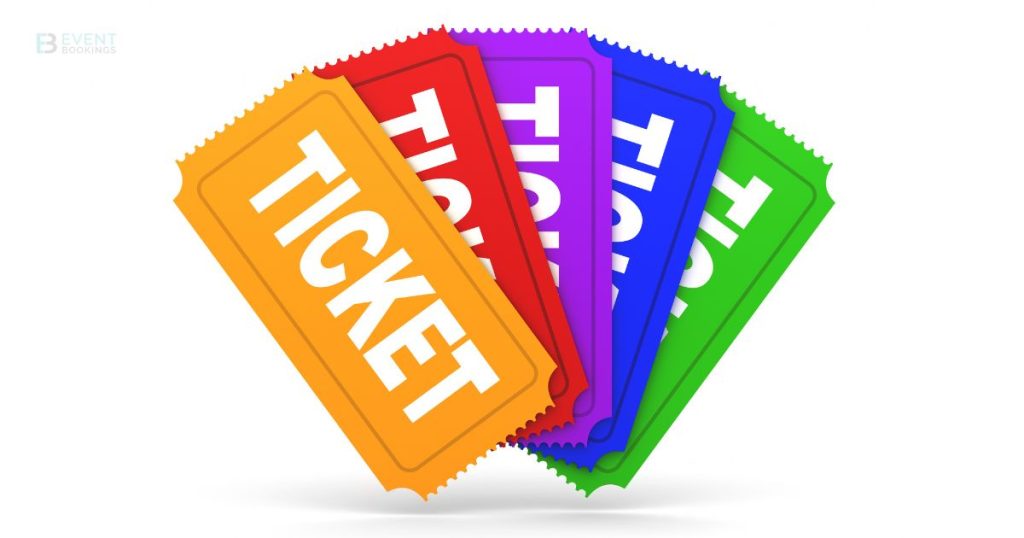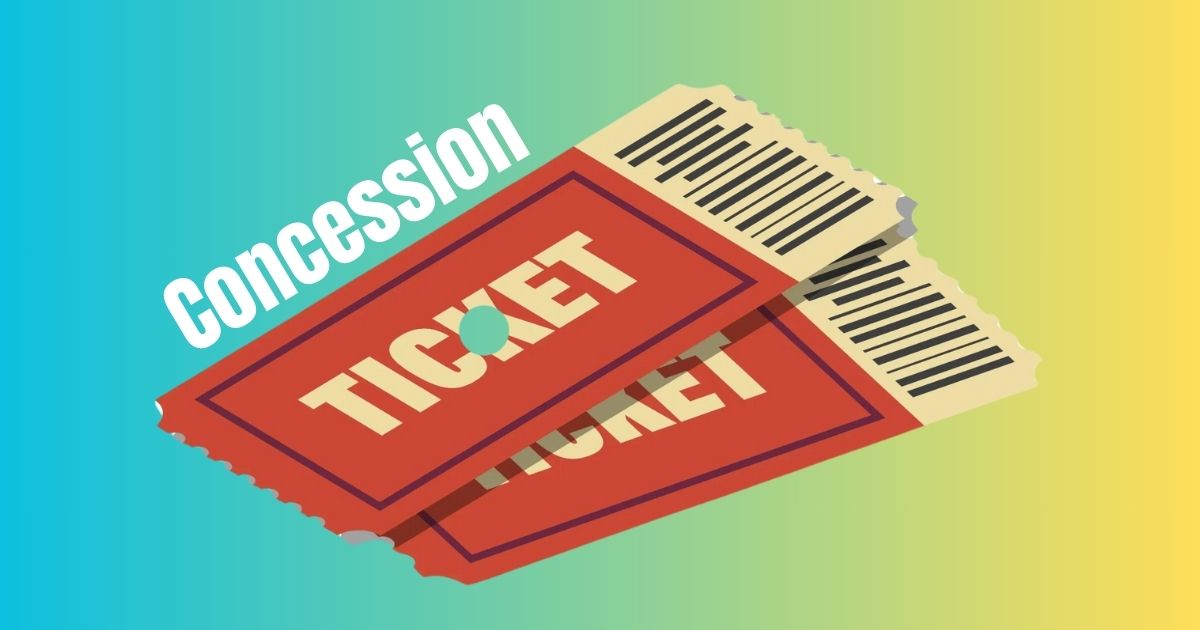In the dynamic landscape of event planning, transportation, and education, the term “concession ticket” has become increasingly prevalent. But what exactly does it entail, and why is it a crucial element in various sectors?
Types of Concession Tickets
Concession tickets are not a one-size-fits-all concept. They cater to diverse groups, ensuring that specific demographics can access services and events without breaking the bank. From senior citizens enjoying discounts to students and military personnel receiving special rates, the spectrum is broad.

Benefits of Concession Tickets
The benefits of concession tickets extend beyond mere affordability. They play a pivotal role in fostering inclusivity, breaking down financial barriers, and ensuring everyone can participate in cultural, educational, or entertainment activities.
How Concession Tickets Work
Understanding the mechanics of concession tickets involves delving into eligibility criteria, verification processes, and how individuals can purchase these discounted tickets. It’s not just about offering a lower price; it’s about making the process accessible and secure.
Challenges in Concession Ticketing
However, with every system comes challenges. The potential for fraudulent claims, difficulties in implementation, and the risk of misuse pose significant hurdles that need careful consideration.
Examples of Concession Ticket Programs
Concession tickets are not confined to a single industry. From entertainment venues to public transportation and educational institutions, numerous sectors have embraced the concept to make their offerings more accessible.
Impact on Business and Events
For businesses and event organizers, incorporating concession tickets can have positive and challenging implications. While it may boost attendance and contribute to a positive public image, considerations about revenue and balancing profit with social responsibility are paramount.
Legal and Ethical Aspects
The implementation of concession ticket programs raises legal and ethical questions. Ensuring non-discrimination, meeting legal obligations, and maintaining ethical standards in pricing are critical aspects that cannot be overlooked.
Concession Tickets in the Digital Age
As technology advances, so does the way we handle concession tickets. Online platforms and digital verification methods have streamlined the process, offering convenience and efficiency in managing concession ticket programs.
The Future of Concession Ticketing
Looking ahead, the future of concession ticketing is likely to be shaped by technological innovations and evolving societal needs. Eligibility criteria might shift, and the entire landscape of concession ticket programs could undergo significant changes.
Case Studies
Exploring real-world examples of successful concession ticket programs provides valuable insights into what works and what challenges must be addressed. Examining victories and setbacks contributes to a more comprehensive understanding of this dynamic concept.
Related: How to Sell Tickets for an Event: The Complete Guide
Consumer Perspectives on Concession Tickets
Understanding consumer perspectives is crucial to gauging the effectiveness of concession ticket programs. Through interviews, surveys, and personal stories, we can gain insights into the impact of concession tickets on individuals and communities.
Tips for Effectively Implementing Concession Ticket Programs
Strategic tips for organizations considering or refining their concession ticket programs include understanding target audiences, collaborating with relevant organizations, and employing effective marketing and communication strategies.
The Social Impact of Concession Tickets
Beyond financial considerations, concession tickets have a profound social impact. They contribute to community building, foster empathy and understanding, and can be catalysts for positive societal changes.
FAQs (Frequently Asked Questions)
Eligibility criteria vary but often include seniors, students, and military personnel.
While they may impact revenue, the positive effects on attendance and public image are considerable.
Implementing robust verification processes and technology can help mitigate fraudulent attempts.
Concession ticket programs are implemented across various sectors, including public transportation and educational institutions.
Strategic planning, clear communication, and a commitment to social impact can help strike a balance.
Conclusion
In conclusion, concession tickets are more than just discounted entry passes. They represent a commitment to inclusivity, social responsibility, and creating opportunities for diverse groups. Concession ticketing will likely continue evolving as we navigate the future, playing a vital role in shaping accessible and equitable experiences for all.




